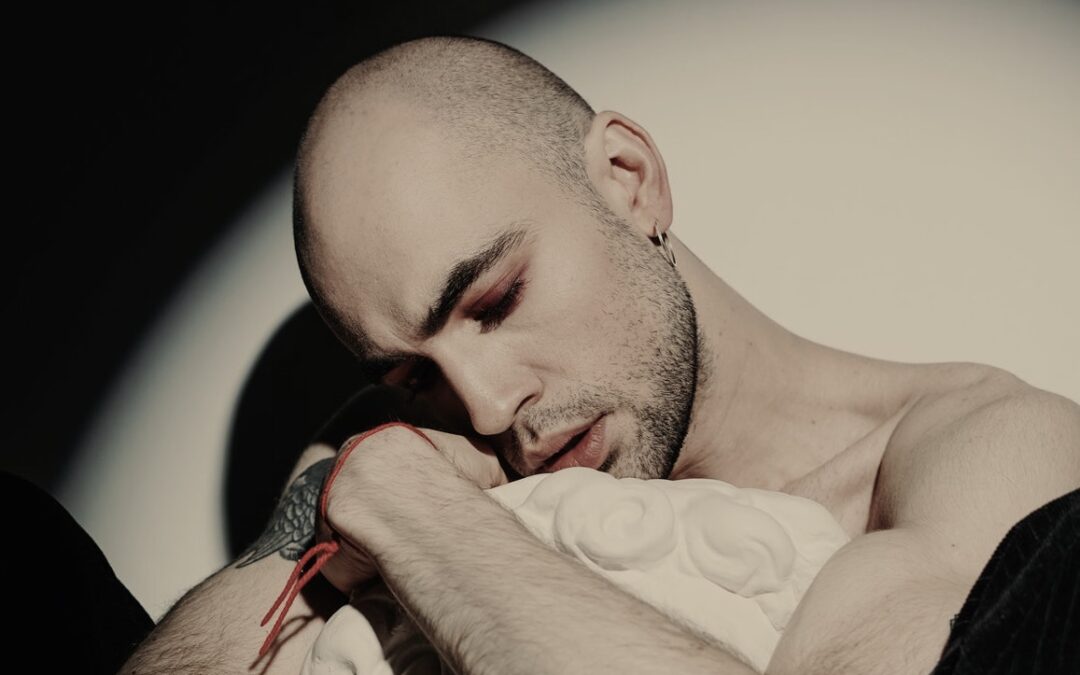When I refer to humour in coaching, I am not talking about telling jokes. Particularly, if telling jokes is not your natural style. Otherwise, you risk ending up like one of those novice presenters whose first-time attempt at humour falls flat on its face. So, this is not about the coach being a comedian, rather it is about the willingness to laugh at oneself. Or, more specifically, the coachee’s willingness to laugh at themselves.
Getting out of a rut
I find humour particularly powerful when someone feels stuck in a behaviour pattern or a situation that is difficult/sad/painful. Stuck in a way that leaves them feeling despondent and disempowered. Being able to laugh at oneself is, then, a way to loosen the psychological knot that binds. It allows one to take a step back, away from the eye of the storm — to observe calmly and impartially.
And, even the subtlest hint of humour can be the coach’s way in. If ever I sense the faintest smile or suppressed snigger amidst an otherwise serious demeanour, I ask about it. I ask if they somehow see a funny side in what is going on for them. And, very often they do. Humour is deeply human after all.
And, creating the space for such recognition can support the coachee to find a lightness. A lightness that can allow them more mental freedom to explore things with renewed energy. To experiment with potential ideas for breaking through.
Techniques and humour in coaching
One such idea is to go with, rather than resist the problem. For example, if you feel stuck with your procrastinating and lazy attitude, try your best to be even lazier! Or, if you are worried about your voice quivering during meetings, try even harder to make it quiver more. This is what the psychotherapist, Victor Frankl, calls paradoxical intention — a fancy name for what we now call ‘reverse psychology’. And, it is paradoxical because it is the exact opposite of what the person wishes. Yet, such intention can allow a kind of release from anxiety. Why? Because it is anxiety about the thing that may be the very source of the problem. Often, we are anxious about anxiety and that perpetuates the difficulty.
Where does humour fit in here? Well, the ability and willingness to even try such a tension breaking experiment can only really come through humour. From the ability to laugh at oneself. To say, “f*** it, I am going to do my worst meeting voice and see what happens!” And, low and behold, there are no more quivers! The relaxation removes the problem.
Similarly, Gestalt therapy has a technique called exaggeration, where the coachee is invited to exaggerate a particular behaviour or feeling noticed in session. The point in Gestalt is to raise the person’s awareness of what is going on for them through exaggeration. And, what about humour? Well, it is much easier to exaggerate a potentially awkward behaviour if one sees that there is a funny side to it!
Breaking through seriousness
Of course, these techniques are only a few ideas to break through a rut. They cannot be relied on always or in isolation. They are not a substitute for exploring the deeper reasons behind laziness or the coachee’s fear of presenting. The key point here is that being willing to laugh at oneself oils the wheels of awareness and change. Humour can even increase the person’s willingness to work at a deeper level and really confront their blockages.
The ability to laugh at oneself has deeper implications for our fundamental relationship to life itself. For, in our rush to ‘get somewhere’ and prove our self-worth through all manner of achievements, we can forget the wonder of the human experience in every moment. The human experience that can be lived with the playfulness of a monkey examining a blade of grass, rather than with the seriousness of the workaholic modern. Such playfulness can help release both specific blockages and general anxiety about life itself.
Humour in coaching is about a broader invitation
So, being able to laugh at oneself is more than just about humour in coaching. It is about finding inner freedom more generally. About considering to what extent we might be trapped in uptight, seriousness without even being aware of it.
For no matter how serious we are, we cannot escape the certainty of death that awaits us all. And, that should be an invitation for us all to consider our own relationship to ourselves and the wider world.
_____________________________________________________________________________________________



Recent Comments